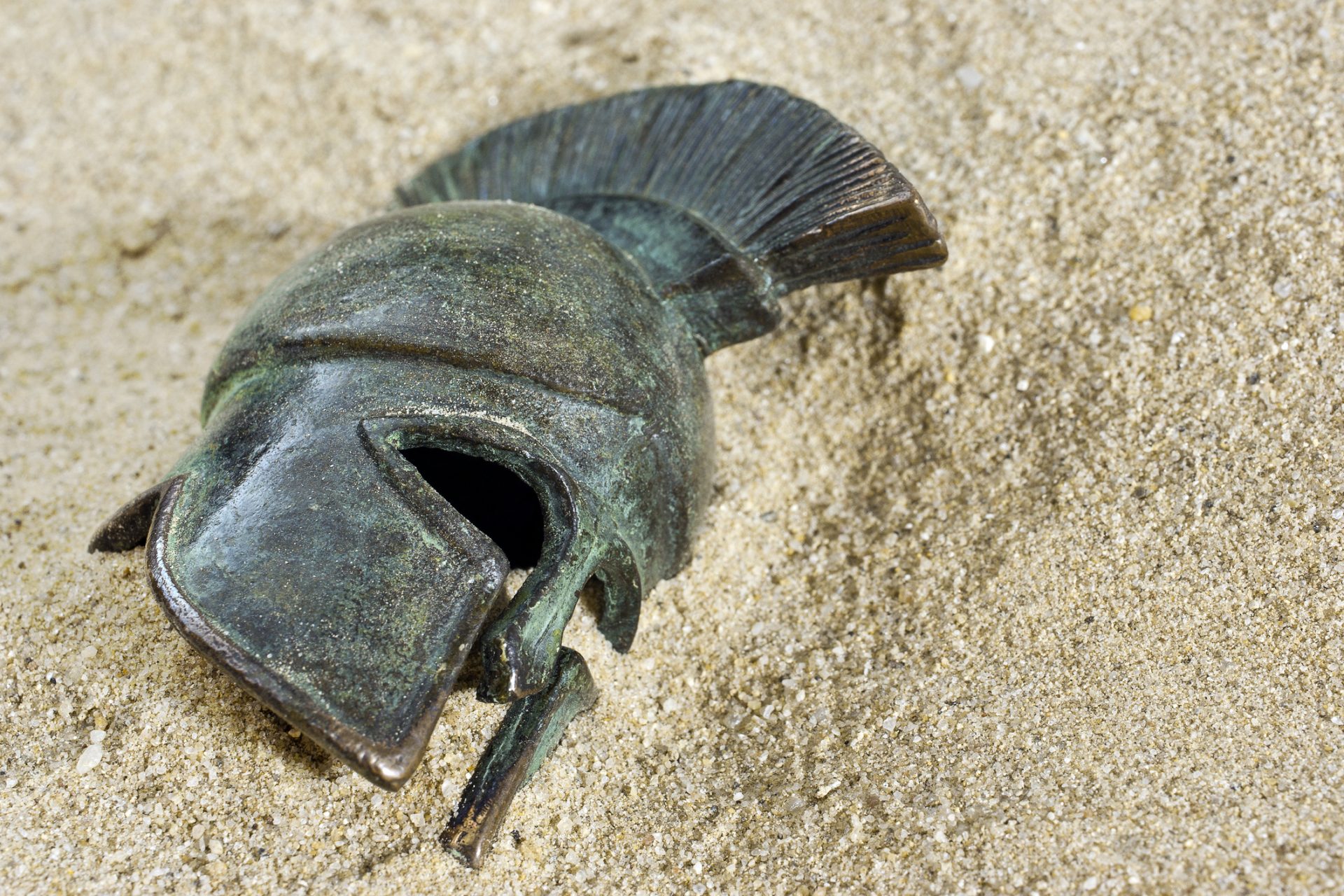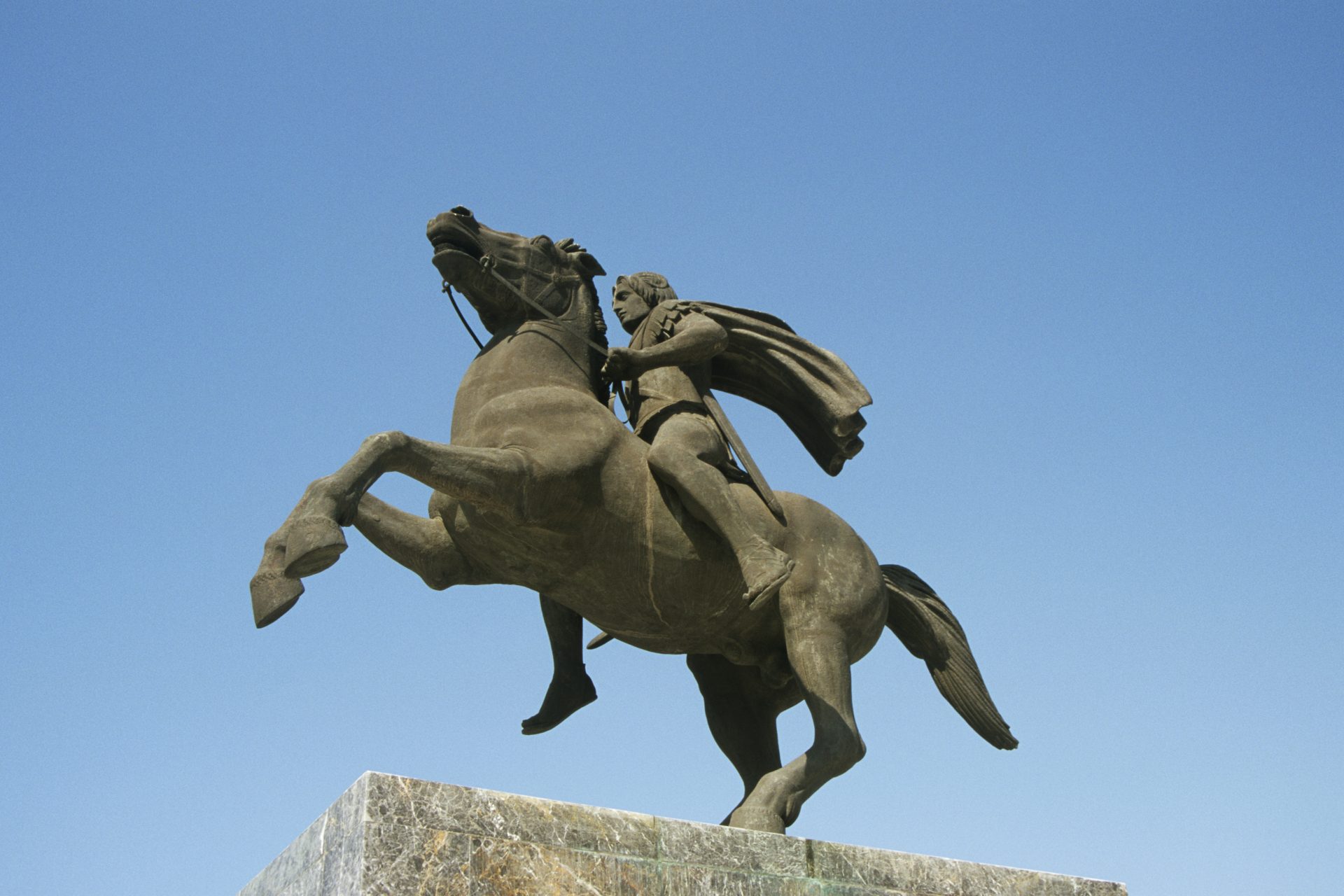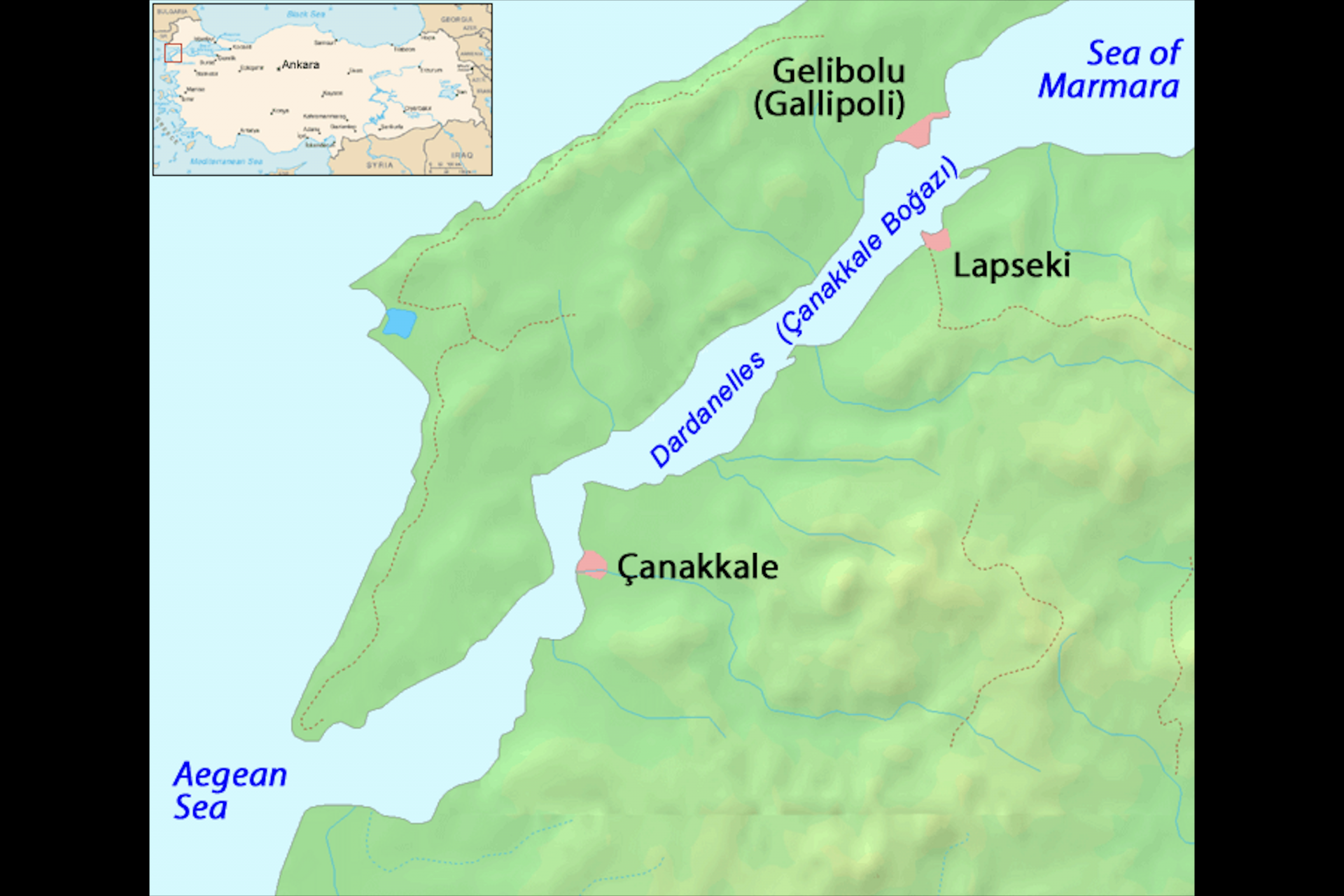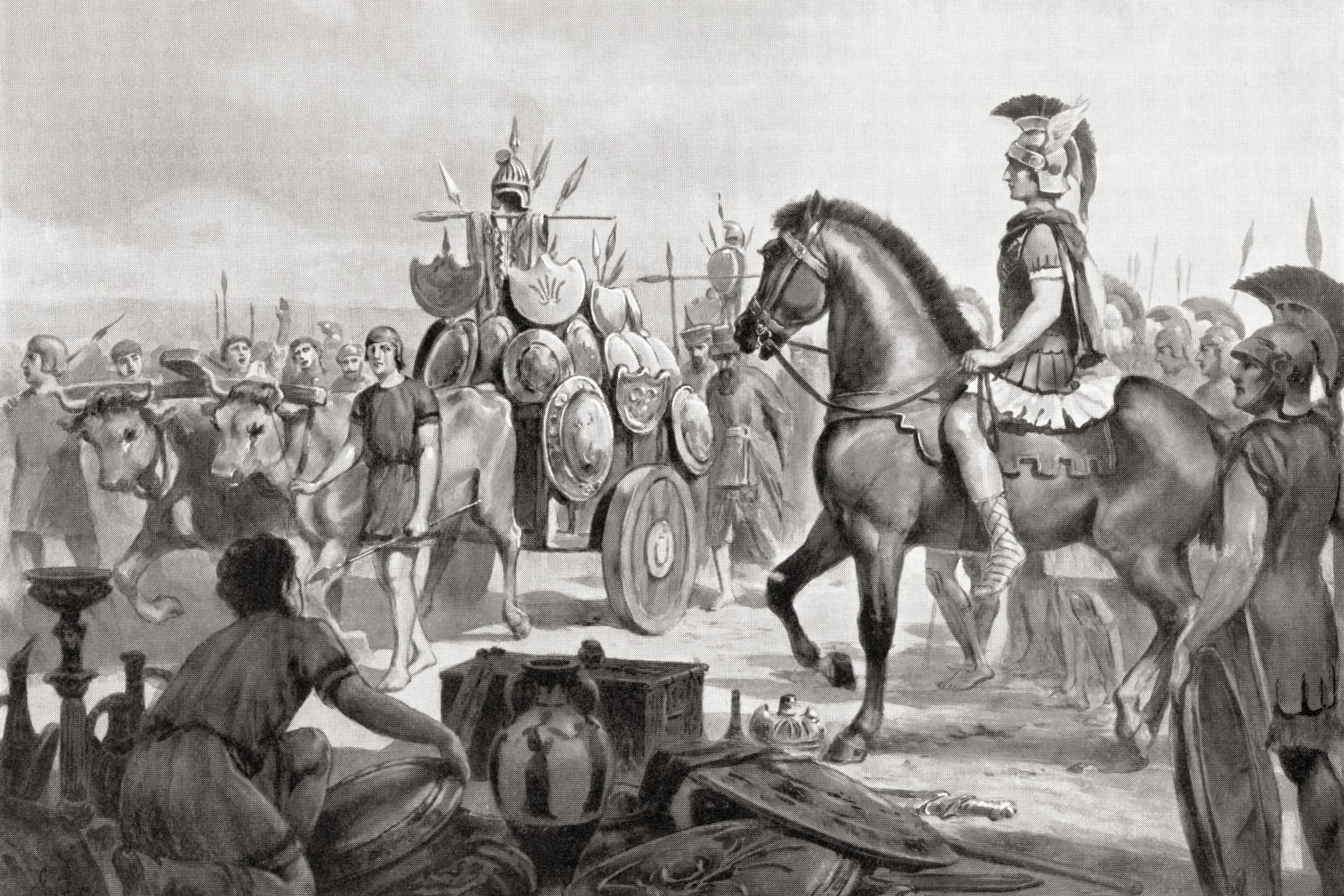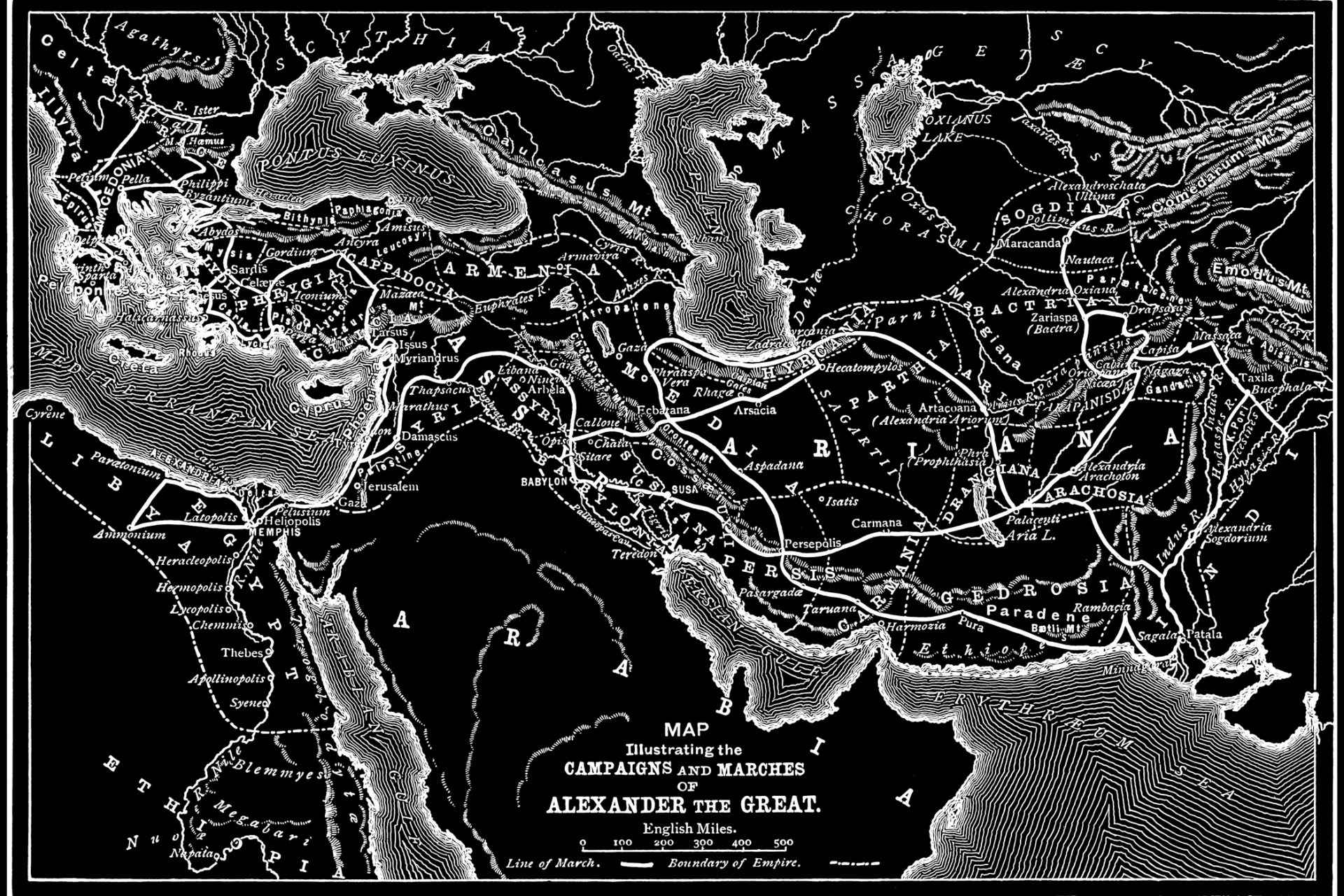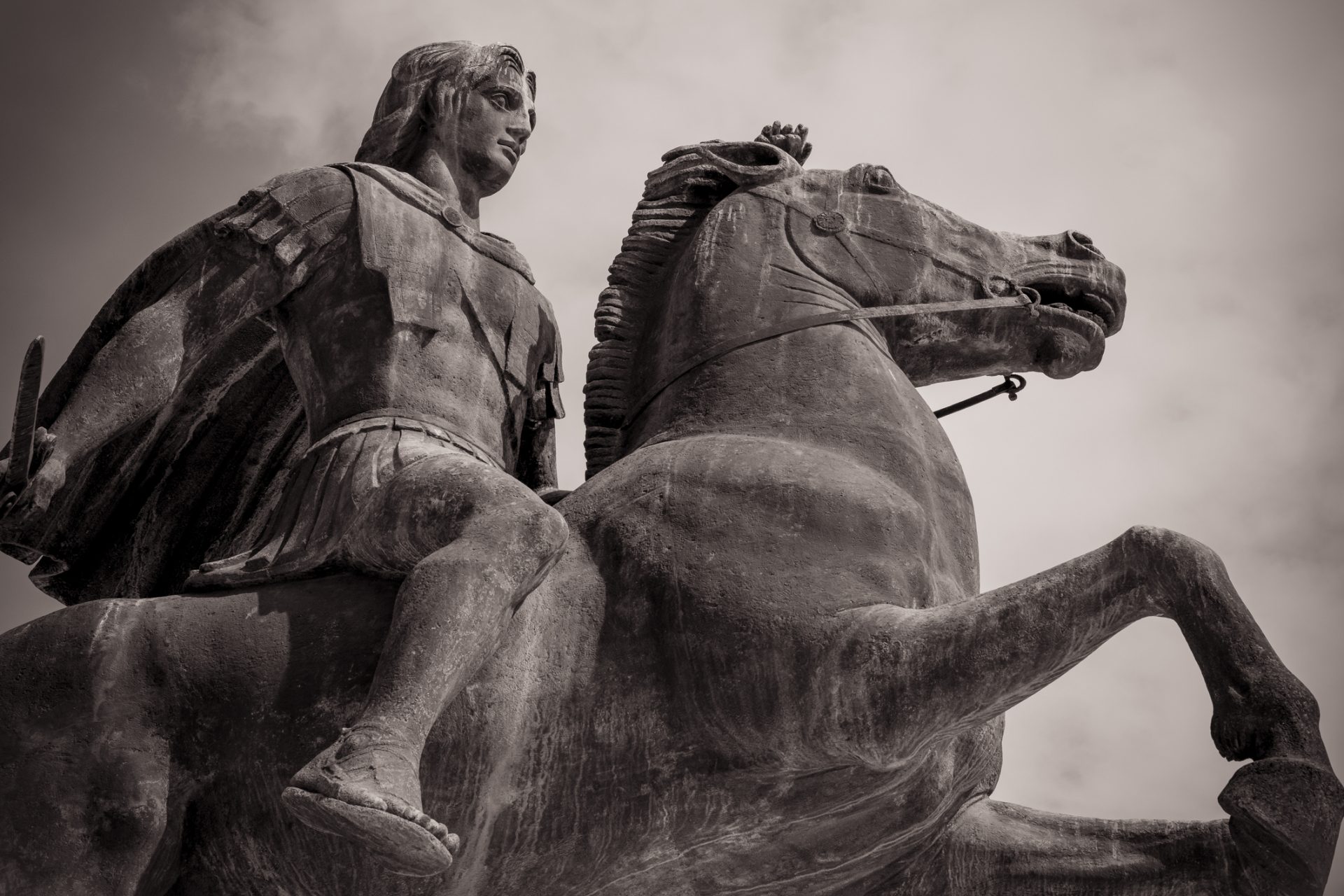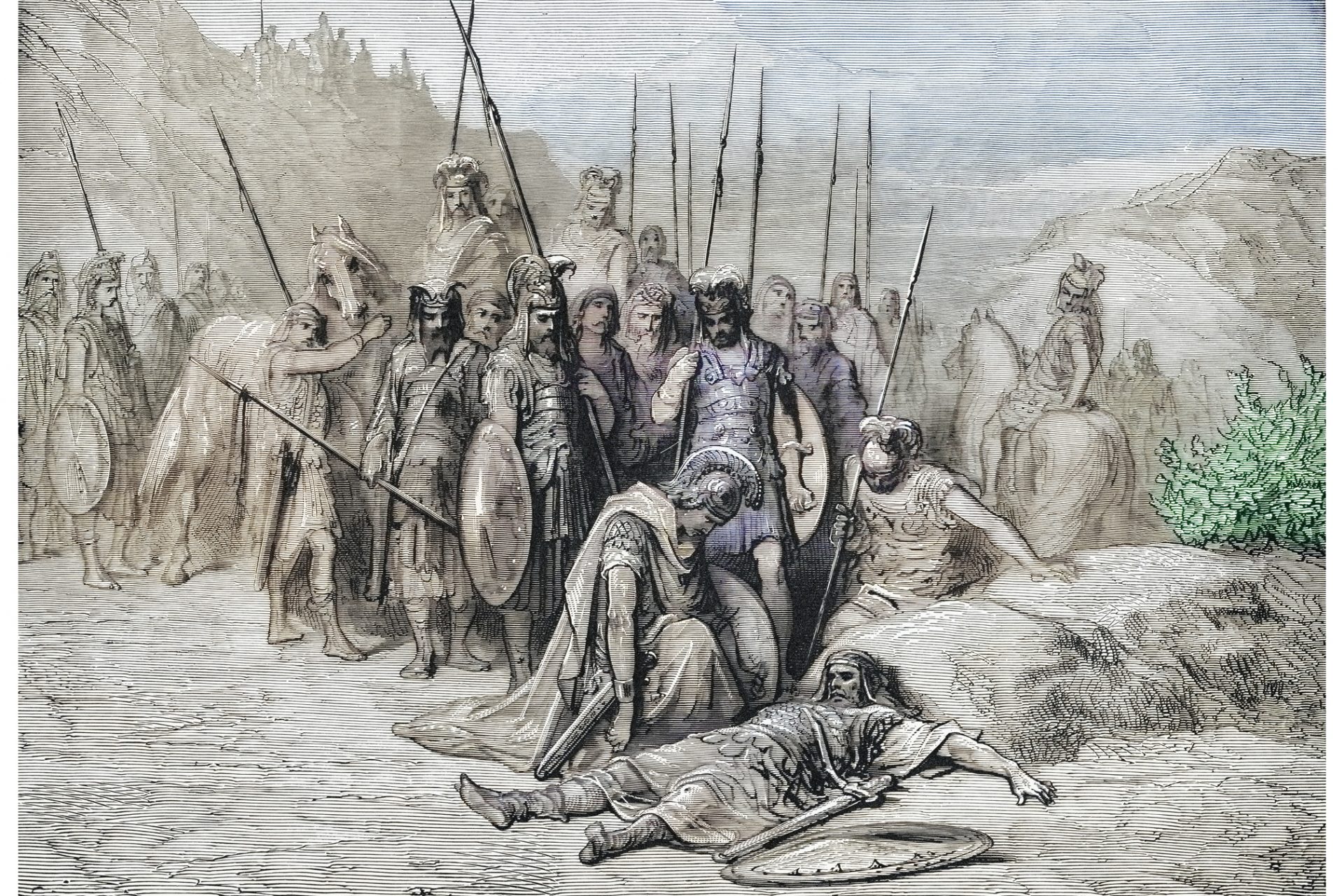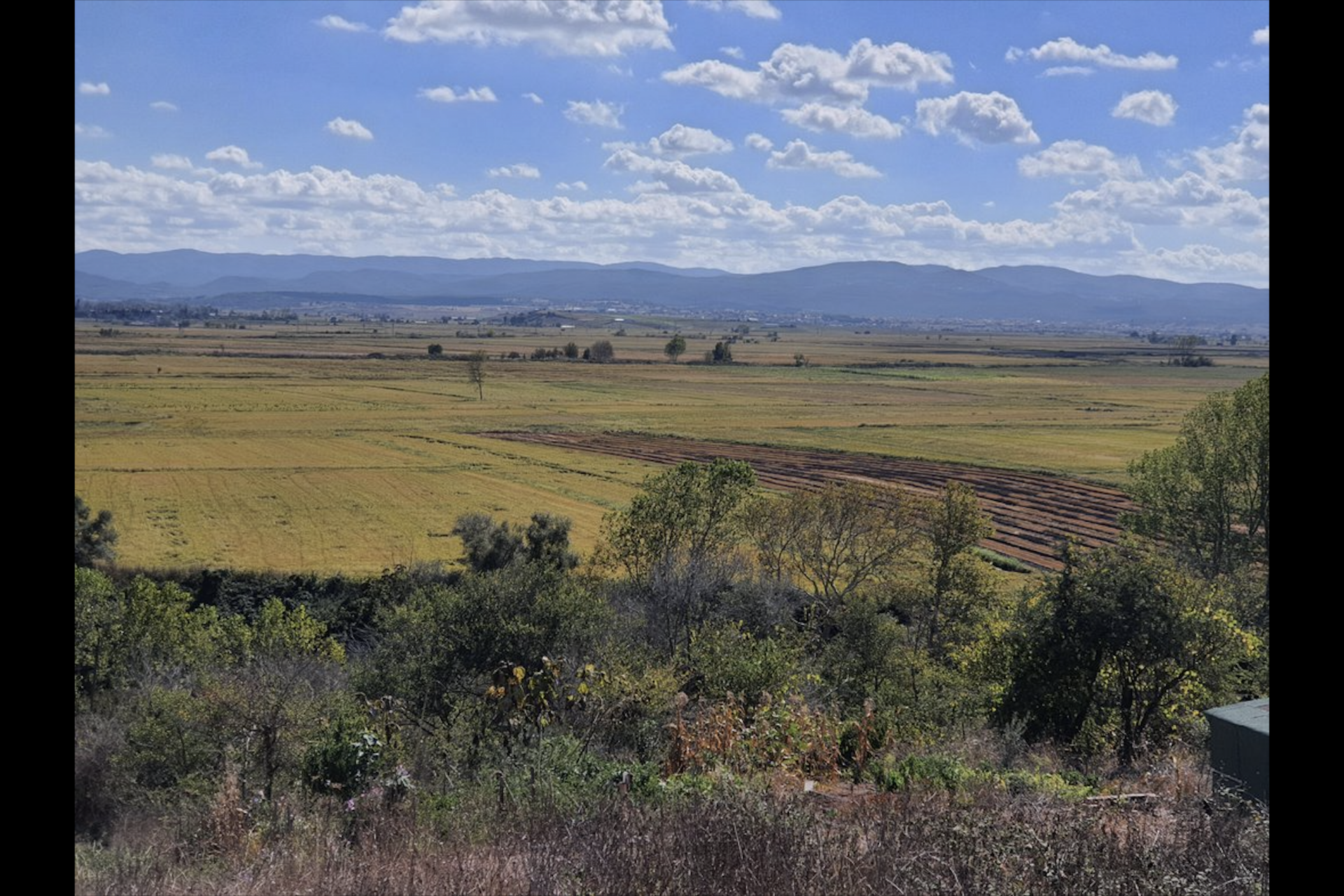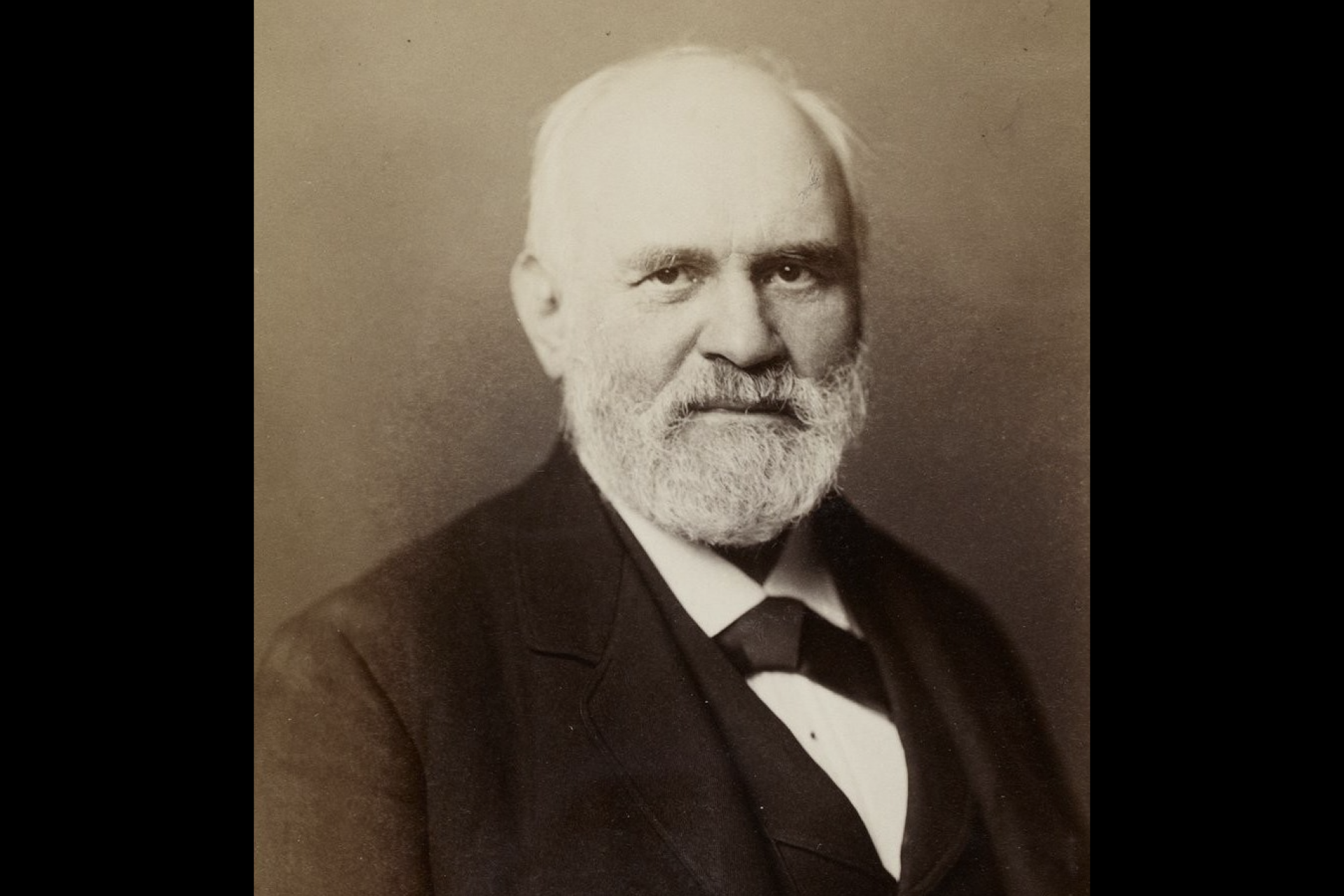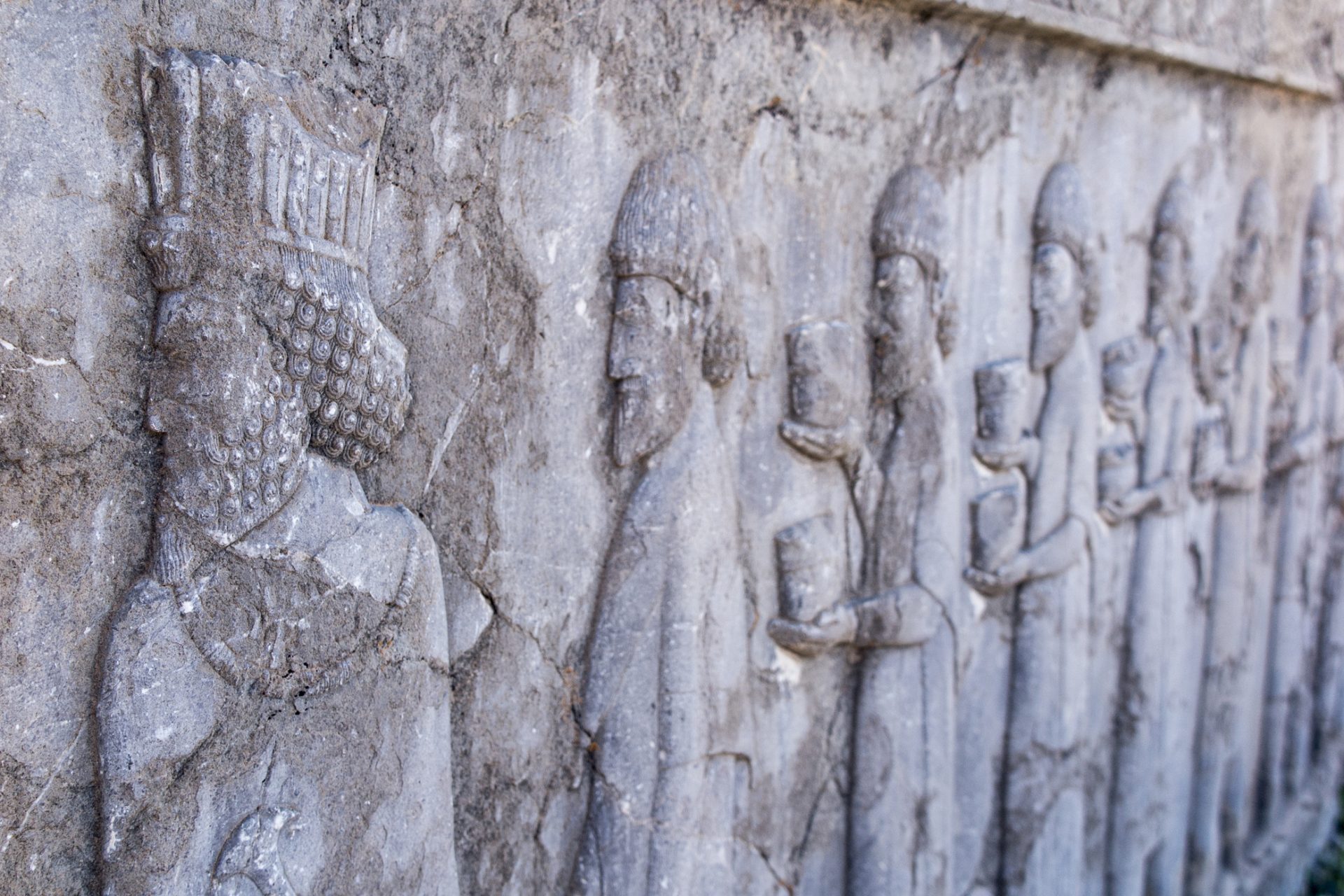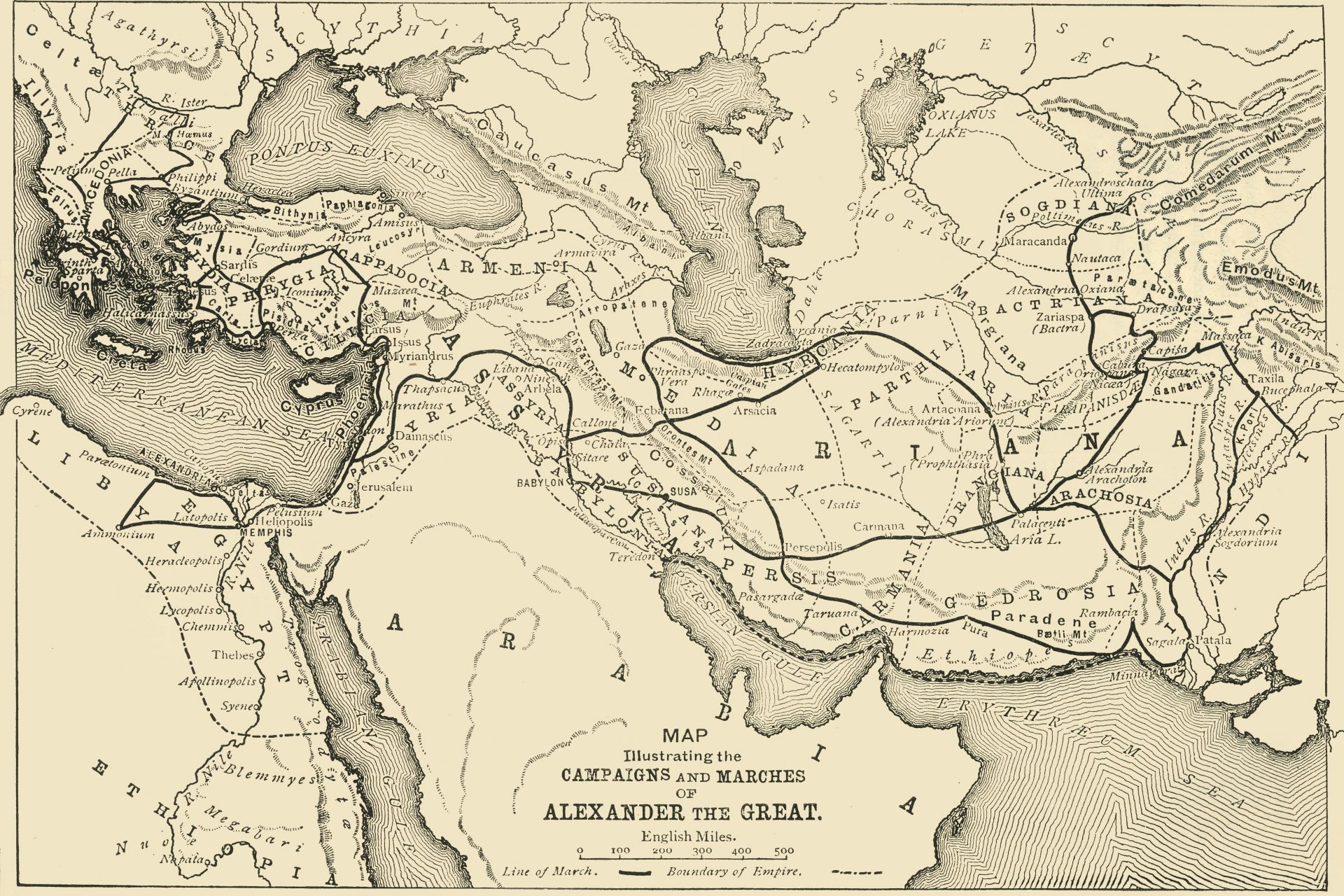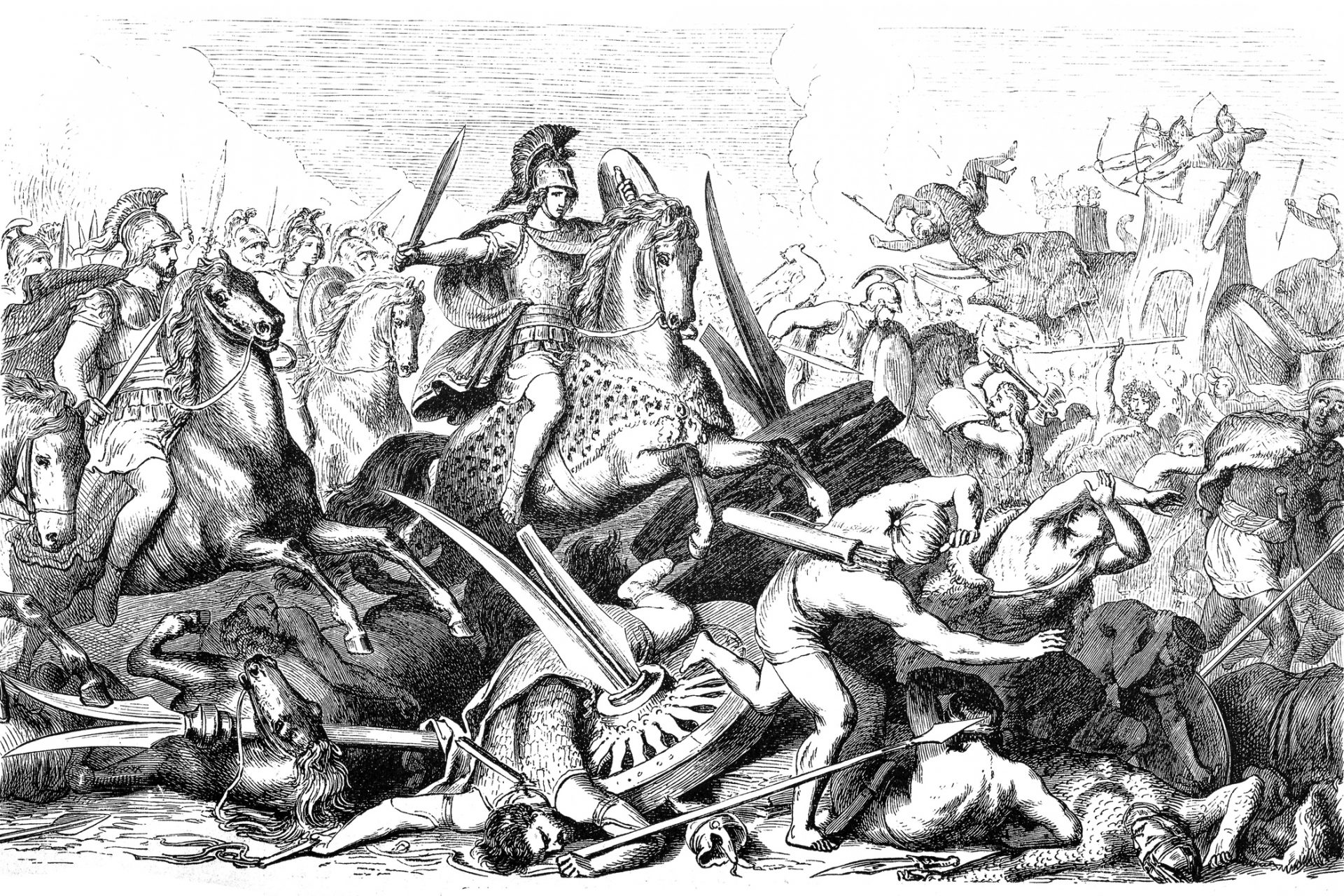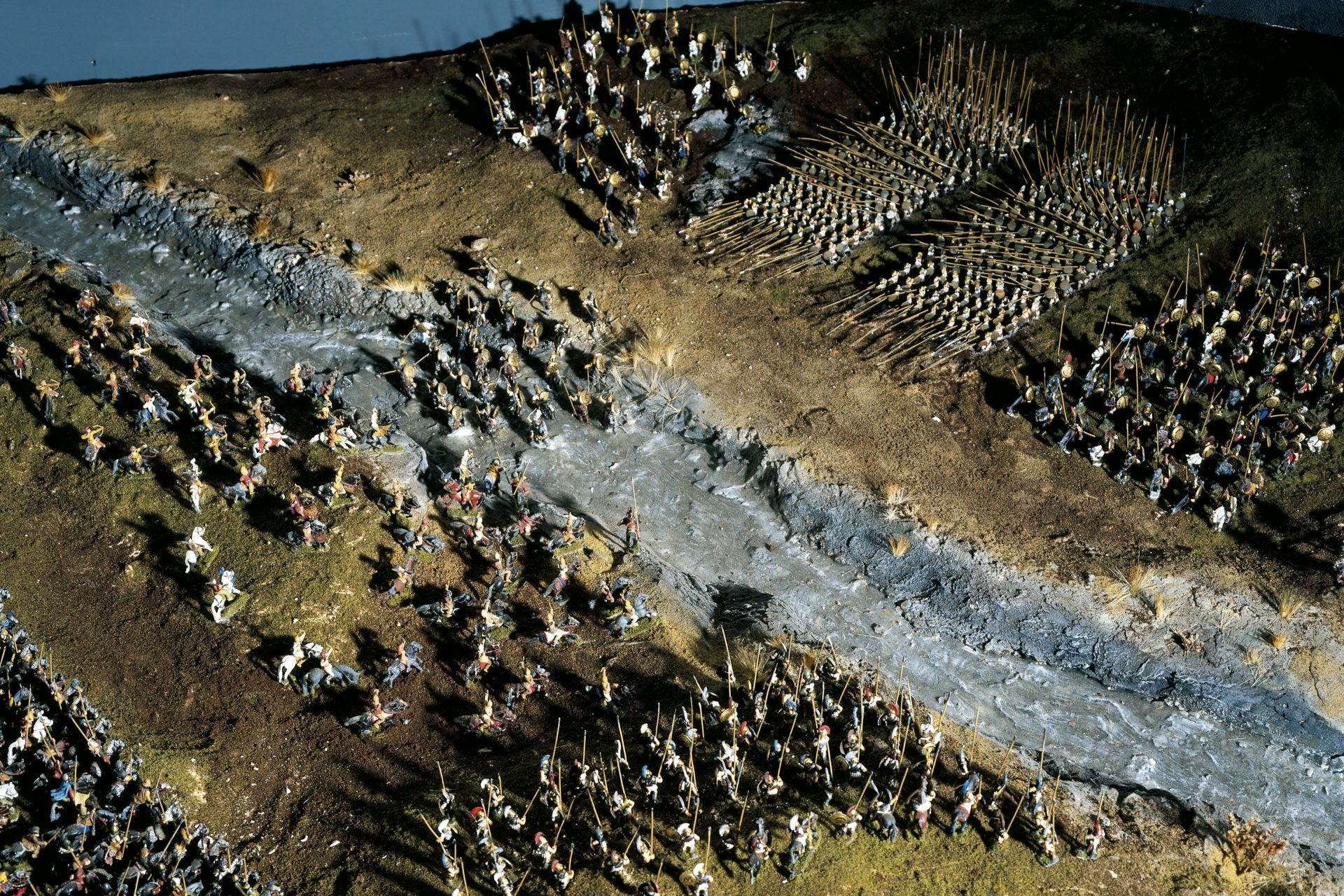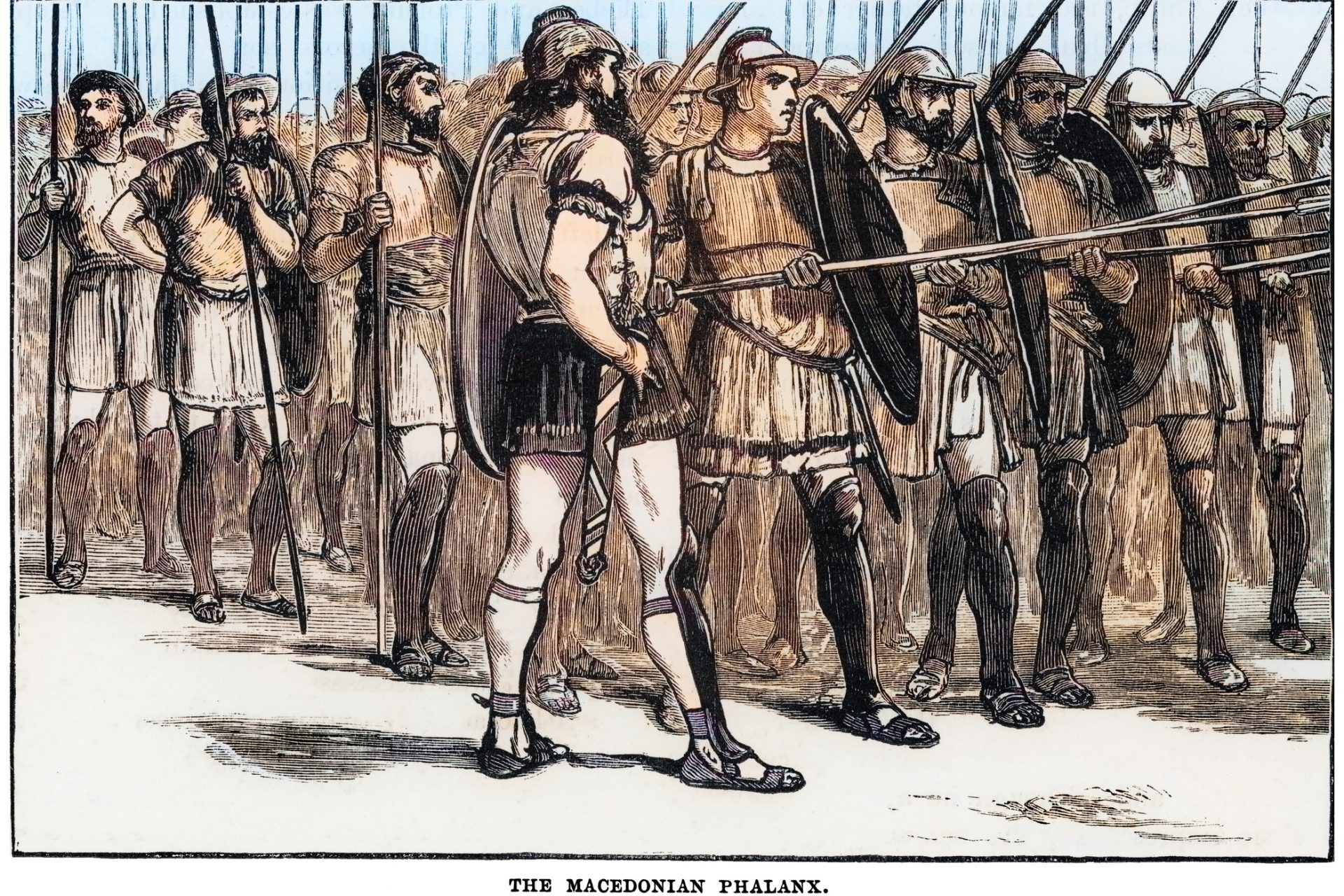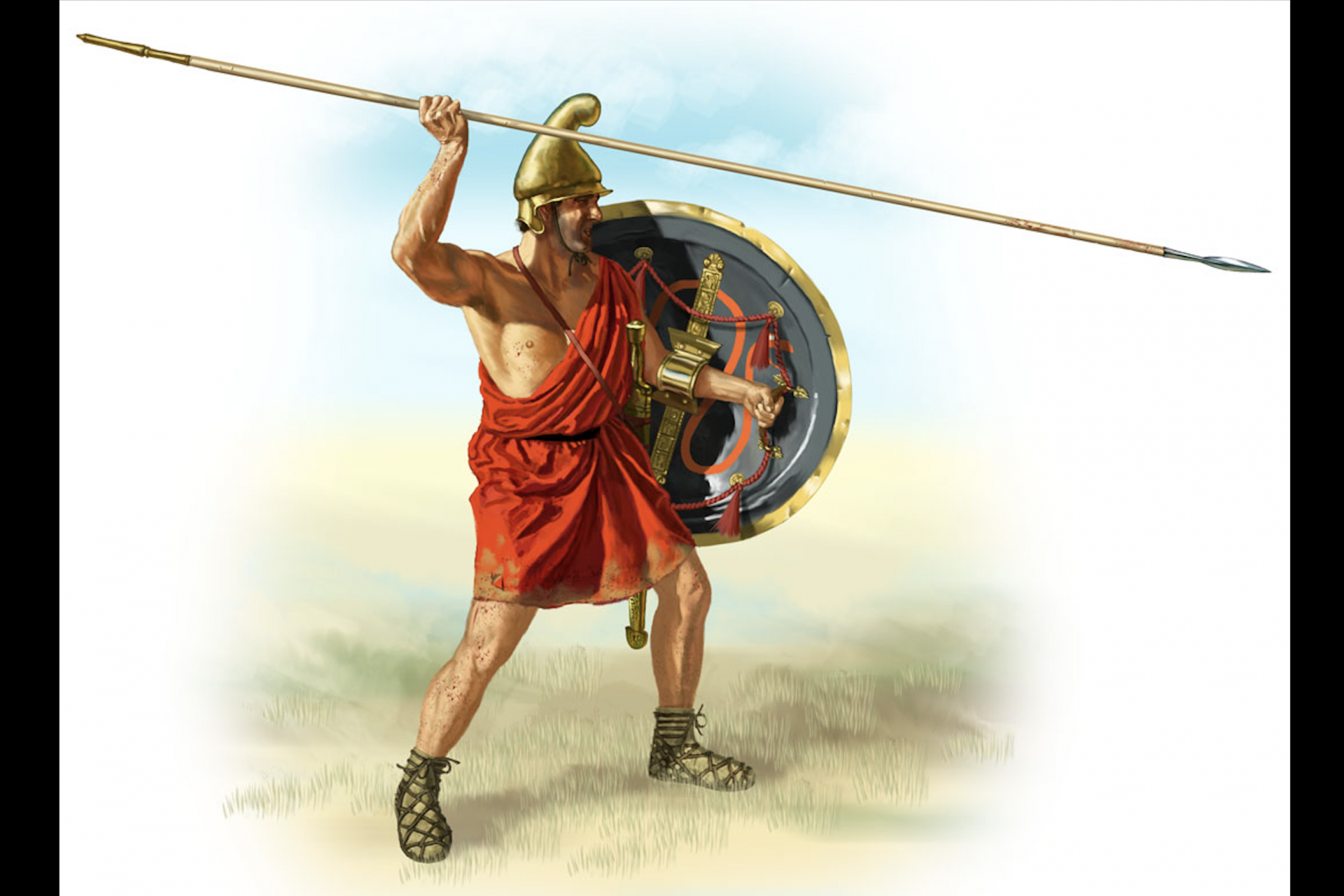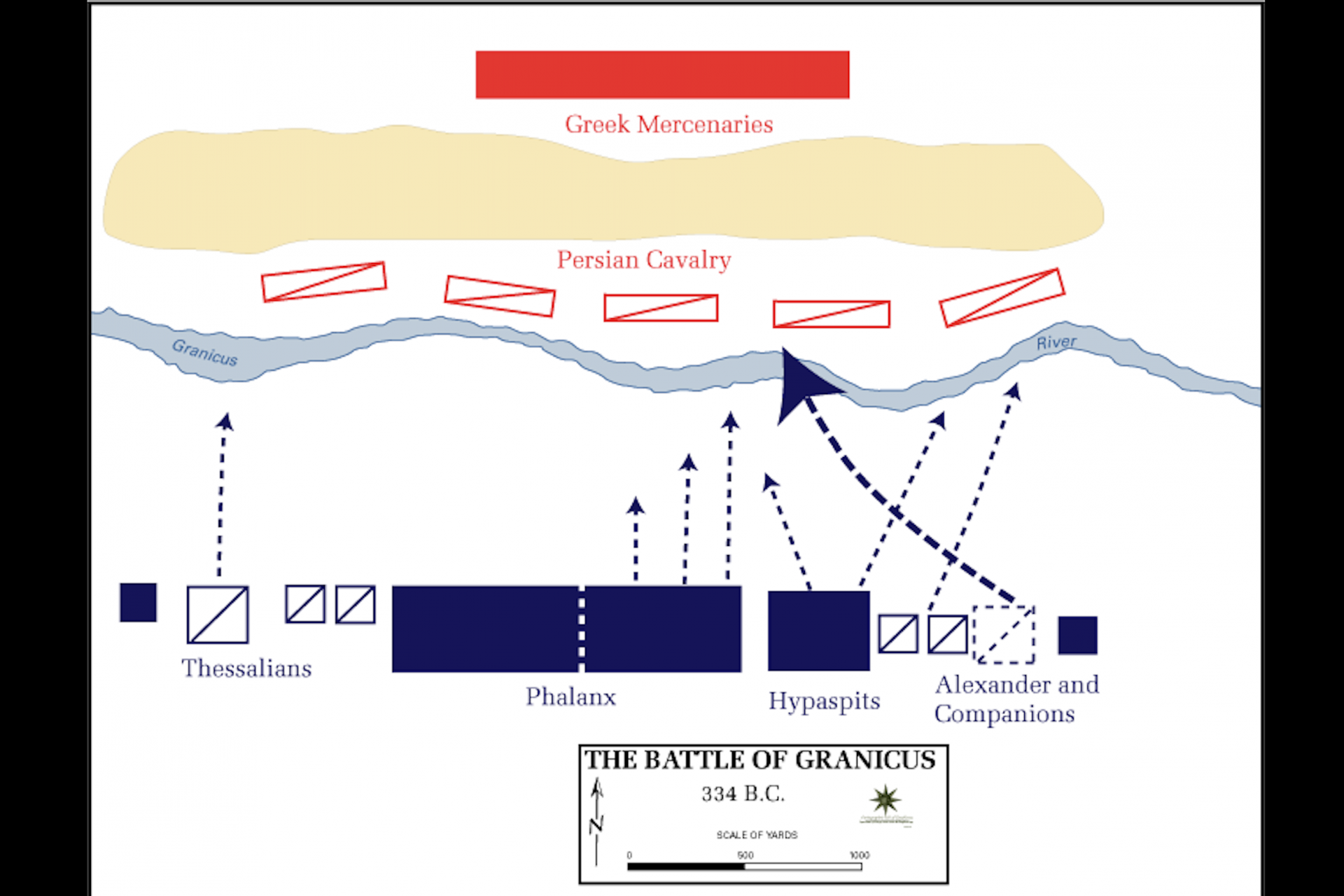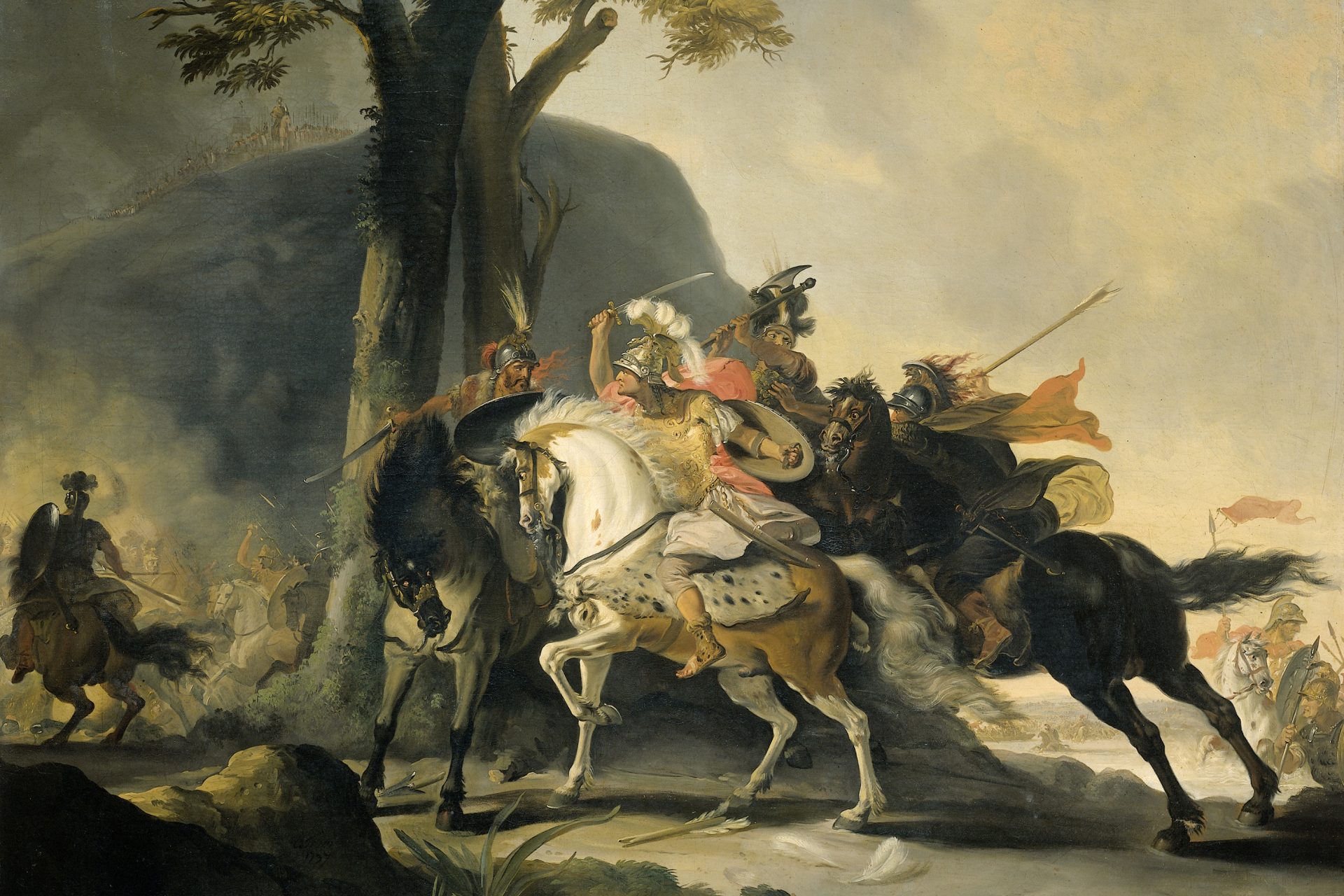The site of a history-making ancient battle may have finally been found
Scholars believe they have finally found the site where Alexander the Great won one of his most important battles against Persian forces: the Battle of Granicus.
The Battle of Granicus was a critical stepping stone in Alexander the Great’s war to win against Persia because of what it enabled the famed Macedonian king to do.
Alexander the Great was determined to conquer Persia, but in order to do so he needed to gain a foothold across the Hellespont (today's Dardanelles Strait) in Persian territory. According to Popular Mechanics, Alexander the Great took 40,000 Macedonian warriors with him across the Hellespont and was met by Persian forces.
Photo Credit: Wiki Commons. Public Domain
The Battle of Granicus, which is believed to have been fought sometime in May 334 BC, saw Alexander’s Macedonian army defeat Persian forces in what became the first major victory of his campaign against the Persian Empire.
Historians have long wondered where this battle took place and a group of scholars who have been working out a map of Alexander’s route through Persia may have found it.
“We have located the route Alexander took to the Granikos Battle after nearly 150 years of searching,” Revhan Körpe, team lead for the 'Alexander the Great Cultural Route' and a professor of history at the Canakkale Onsekiz Mart University, told Türkiye Today.
“Our research, combined with a careful reading of ancient sources, has led us to pinpoint the exact location of the battle, the villages involved, and its position within the plains,” Körpe continued.
The believed site of the battle is located roughly 6 miles (10 kilometers) north of the city of Biga in northwest Turkey according to Live Science, which noted that the discovery isn’t new. This area has long been believed to be a candidate for the Battle of Granicus' location.
Photo Credit: X @reyhankorpe / Image of the modern site of the Battle of Granicus
Körpe noted that the German archeologist Heinrich Kiepert first proposed that the area could be the place where Alexander first faced off against the Persians while working in the region in the 19th century.
Photo Credit: Wiki Commons By Loescher & Petsch. Fonction indéterminée, Public Domain
However, Körpe’s team has uncovered additional evidence that supports Kiepert’s idea that the region just outside of Biga was the place where the Battle of Granicus occurred.
“We mapped out the exact route Alexander traveled, beginning in Ozbek village, crossing through Umurbey, Lapseki, and ultimately descending into the Biga Plain,” Körpe told Türkiye Today.
Live Science reported the additional evidence Körpe’s team discovered was the ancient city of Hermaion, which ancient sources noted was the last place that Alexander’s army encamped before fighting the Persians.
After making this discovery, researchers conducted tests and reconstructed what the battle’s location would have looked like. Körpe’s team then used ancient descriptions explaining that Persian forces placed their Greek mercenaries on a hill to draw more circumstantial conclusions about the area being the likely location of the battle.
Popular Mechanics noted that there have been several significant archeological finds on the hill Körpe’s team believes was the location where Persia’s Greek mercenaries were positioned during the battle.
“Local farmers reported finding graves with weapons on this hill, consistent with ancient accounts that Alexander buried fallen Macedonian soldiers with their weapons,” Körpe explained. In 2024, an unmarked grave was discovered on the hill.
Photo Credit: Wiki Commons, By Peltast, Public Domain
Whether or not the area outside of Biga is the location of the Battle of Granicus isn’t fully confirmed, but the evidence uncovered by Körpe’s team seems to suggest that it may be the place where Alexander won one of his greatest victories.
Photo Credit: Wiki Commons By Frank Martini, CC BY-SA 3.0
“This battle is considered one of the most pivotal moments in world history,” Prof. Korpe told Türkiye Today. “Following his victory here, Alexander went on to conquer Western Anatolia and much of Asia, extending his empire into India.”
Never miss a story! Click here to follow The Daily Digest.
Photo Credit: Wiki Commons By Cornelis Troost, Public Domain
More for you
Top Stories



